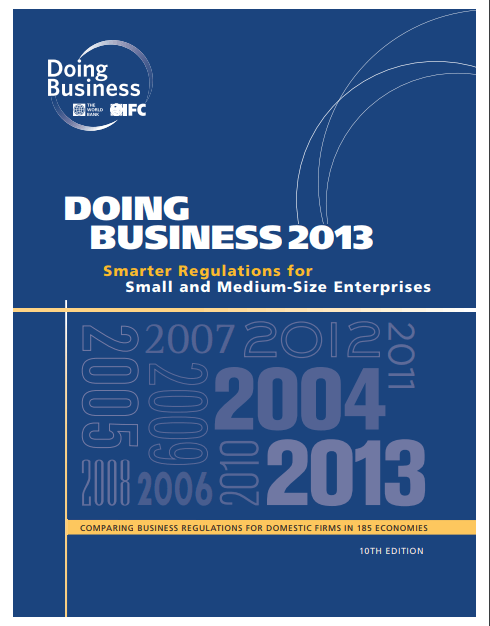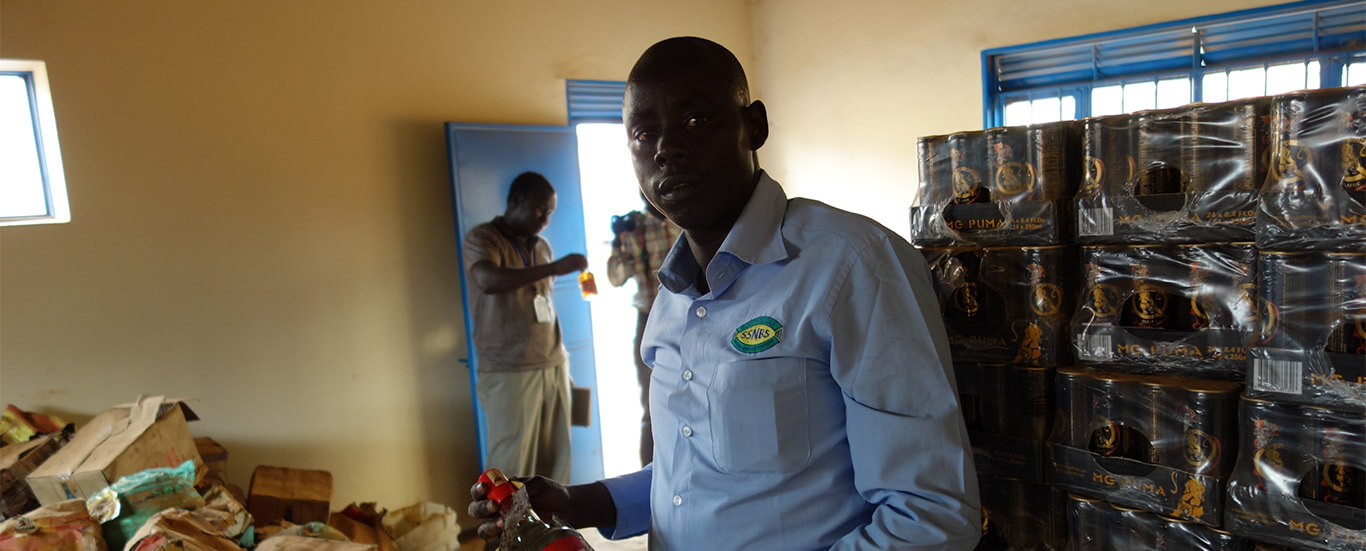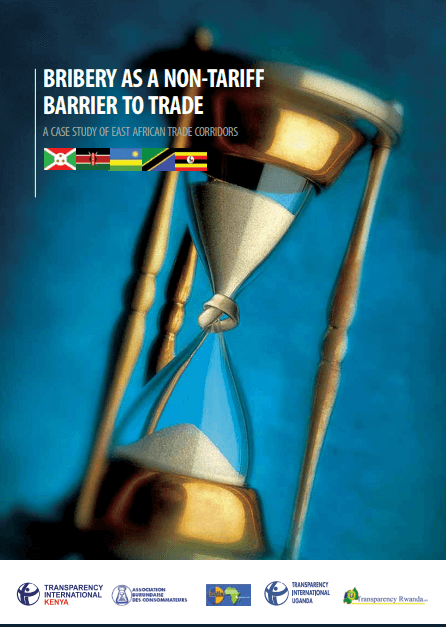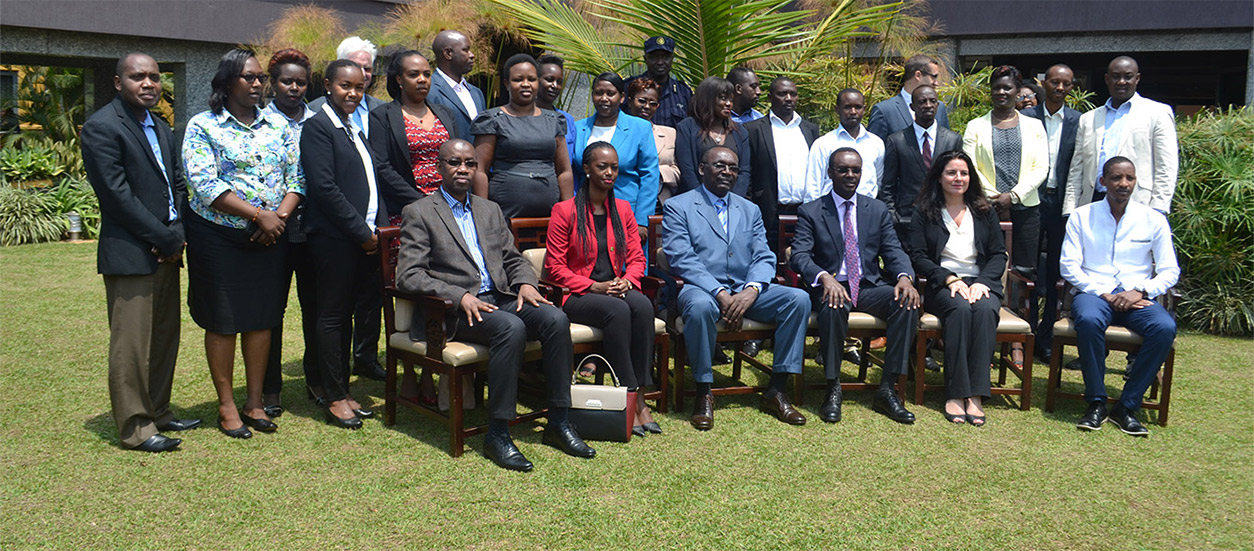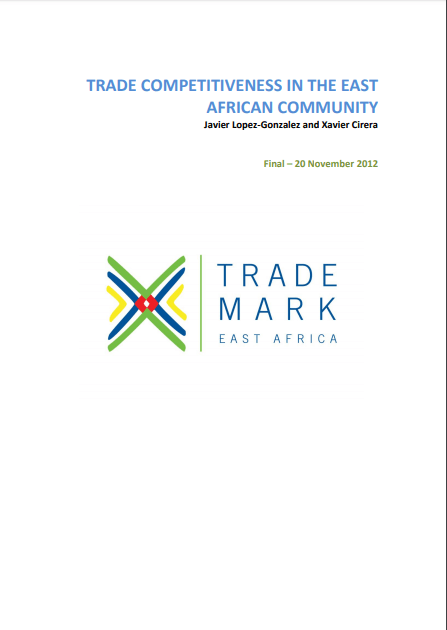[vc_row][vc_column][custom_inner_menus select_menu="project"][/vc_column][/vc_row][vc_row][vc_column][single_project_block_1 heading="South Sudan Customs management reforms" implementor="South Sudan Customs Service" target_group="Importers and exporters in East Africa" project_value="US$ 10,480,971.21" implementation_period="2011 - 2016" download_btn_text="Download Project PDF" download_btn_link="#url"]As part of the USAID-funded “Sudan Core Institutions Project” there was an assessment of the Customs Service in South Sudan. The report identified a number of “immediate critical actions”. These actions are considered essential before, or immediately after, independence to ensure that South Sudan takes steps towards establishing a fully functioning Customs Service. Customs is recognised as a key priority of GOSS as it takes steps to reduce its over-reliance on oil revenue by building up alternative revenue sources, especially customs duties. What The project aims at supporting the South Sudan Customs Services (SSCS) to become an effective and efficient agency able to support its government's objective of diversifying its revenue incomes while facilitating trade. How: TMA will provide and manage technical assistance to the Government of South Sudan to implement basic fundamentals of customs administration while laying a foundation for a wider customs reform strategy. Contact: John Kalisa, Email:[email protected] Click here to learn more about One Stop Border Posts Program[/single_project_block_1][/vc_column][/vc_row][vc_row el_id="desired-result"][vc_column][single_project_block_2 heading="Desired Results" image_1="42708" image_2="42656"]Efficient customs processing and improved knowledge and skills of South Sudan’s customs service. This will contribute to reducing trade costs in East Africa.[/single_project_block_2][/vc_column][/vc_row][vc_row el_id="project-insight"][vc_column][project_single_ele_3_container heading="More Project Insights." sub_heading="Projects Highlights From A Glance" slide_1="info access for 20 crops & over five breeds of livestock" slide_2="info access for 20 crops & over five breeds of livestock" slide_3="info access for 20 crops &...
South Sudan Customs Management Reforms
Posted on: September 12, 2014
Posted on: September 12, 2014


